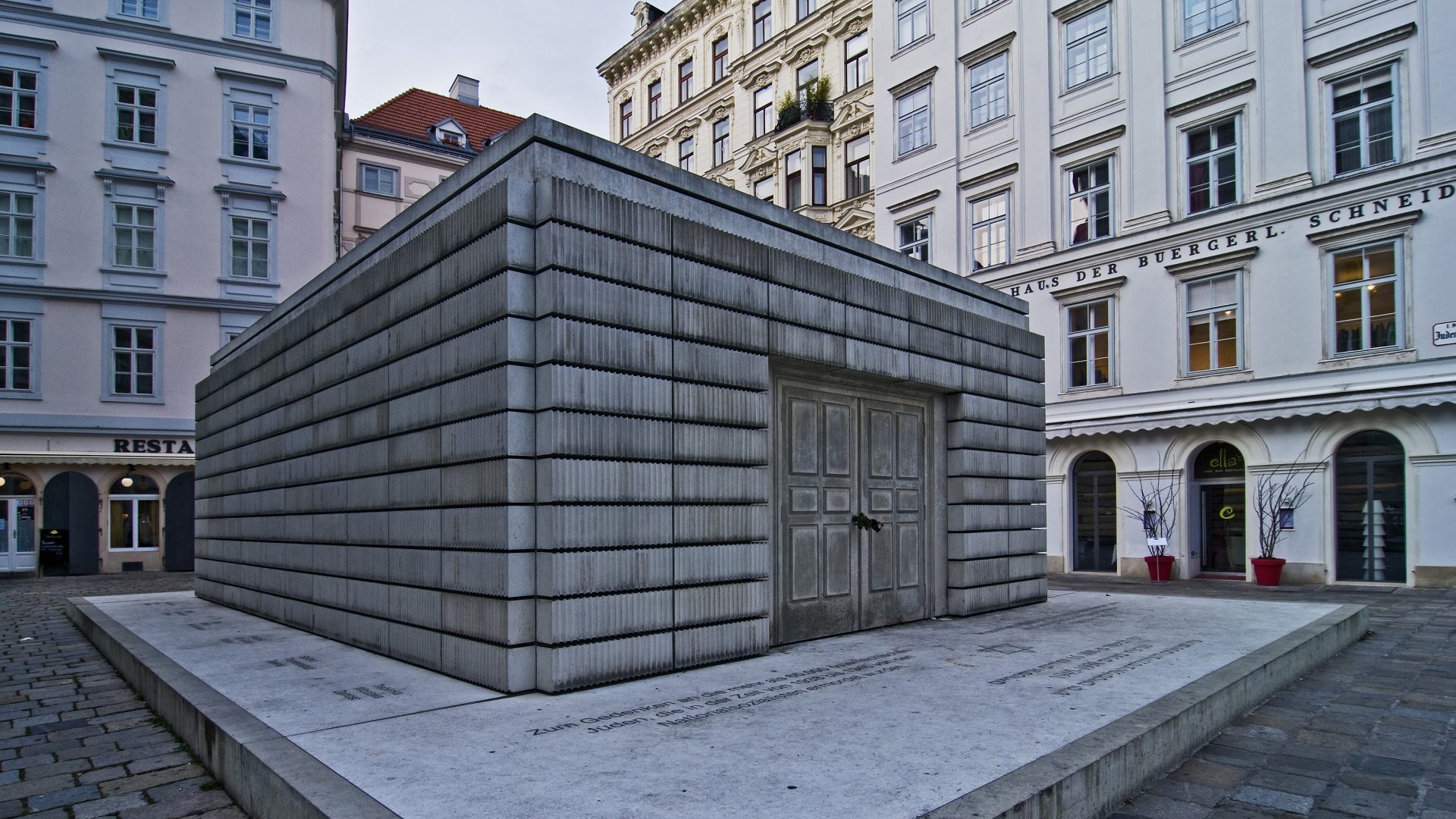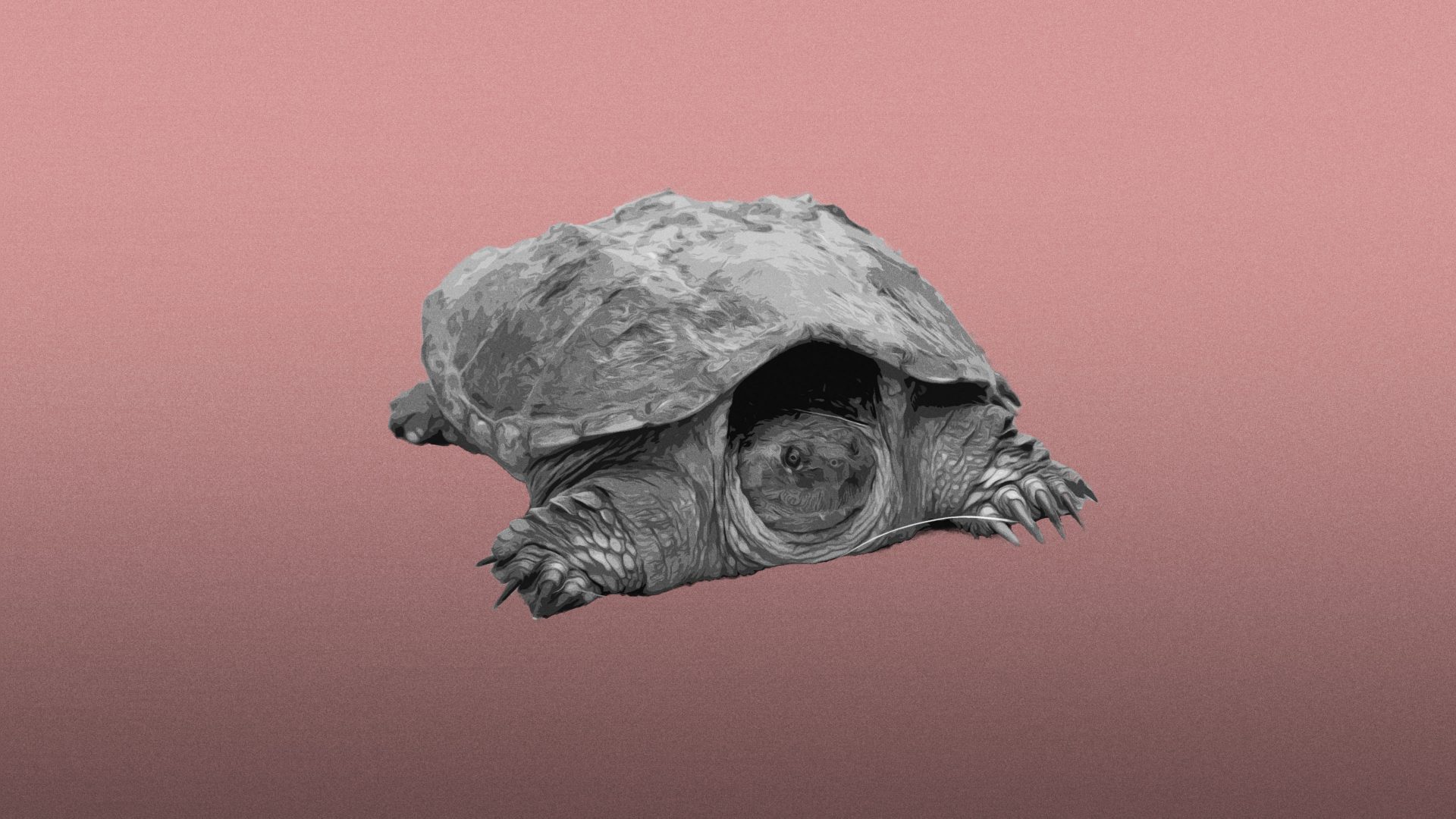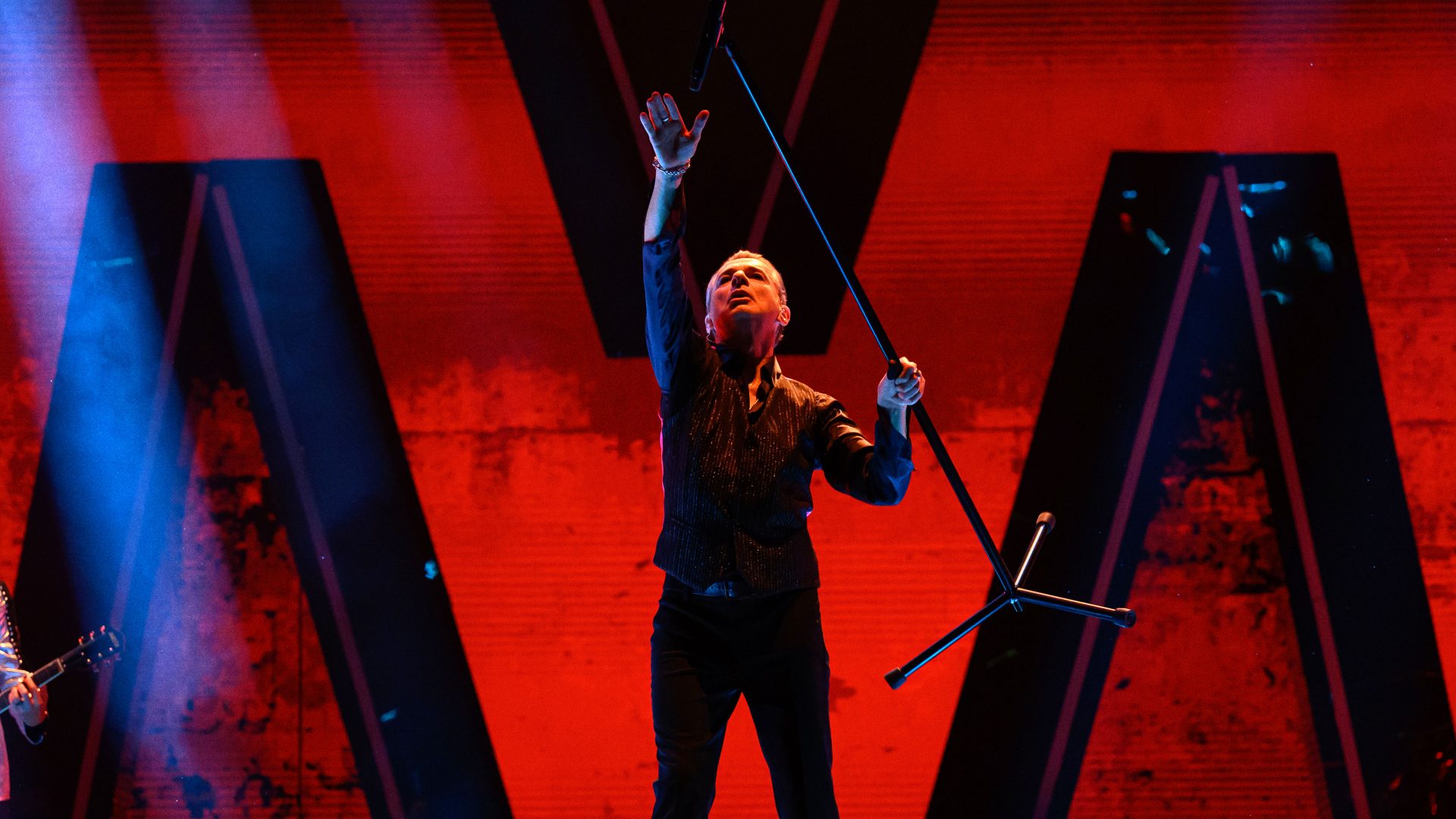I spent the Coronation bank holiday weekend sitting in the sunshine, drinking a local Grüner Veltliner in a square in the Inner Stadt in Vienna. After visiting the cathedral and a number of other baroque churches, we ate our way through the food stalls in the pop-up Wien Viertel (Wine Quarter). Austrian brass bands played on a nearby stage. The locals were absorbed in the music – some were up and waltzing. Someone asked where we were from. “London!” The follow up was invariably “We’ve been there”. But no one asked “Why are you missing the coronation?”
The collection of the Kunsthistorisches Museum is like a combination of the British Museum and the National Gallery – the picture collection alone could take up a weekend. But then, as they say here, it’s the collection of “the House of Habsburg” – beautiful, but also the proceeds of crime.
Some of the grandest buildings in Vienna were built just before the Austro-Hungarian empire collapsed in defeat after the first world war. Recently, there’s been a tendency to draw a comparison between Vienna and London. Vienna was planned for two million people and never reached that figure again until this decade. London was like that once, too. A declining population meant that, in the 1980s, the Greater London Council had to rent out properties, which produced a great music and art scene. Irvine Welsh lived in one of those council lets.
Outsiders have always played a central role in driving forward artistic progress, and the great collection of Klimts and Schieles housed in the 18th-century Belvedere Palace is a reminder of that fact. It also makes the case for Vienna’s central place in modern art. The opera is still a huge creative force here. It is, after all, the city where Mahler conducted. But he had to convert from Judaism to Catholicism to be able to perform, and even then he was still subjected to abuse from the antisemitic press.
In JudenPlatz (Jewish Square) stands Rachel Whiteread’s Holocaust memorial to the 200,000 Jews who lived in Vienna in the 1930s. Only 800 survived the war. The memorial was controversial at first – it took five and a half years of debate before it was built – and the result is a major work of art. A low, rectangular concrete building lined with books, their spines turned inwards, and with permanently sealed doors, it interrupts the fine baroque buildings that surround it, and it lasts in the mind. At a bar nearby, our waiter asked what we thought. When we said we were deeply moved, he said “Yes. It has changed the square. That’s good!”
Remembrance is a step on the journey towards reparation – and with Sadiq Khan’s plan for a memorial to the slave trade in London’s Docklands, we need a debate along Viennese lines. As Brits, we enjoy the fruits of empire, but we need to reckon with them, too.
Later, we visited the Freud Museum – the house in which Sigmund Freud practised for 48 years and created the frame through which we understand modern life. One of his central insights was that what is repressed will return, until addressed.
So much of modern British politics is a failure to reckon with our history. Freud called it Wiederholungszwang, or “repetition compulsion”. It is omnipresent – in the Tories’ search for “true Brexit”, or the SNP’s constant relitigation of the independence referendum. There is a denial that material things have happened with material consequences. This leads to the conclusion that only the future can be changed, not the past. Vienna shows that is not true.



